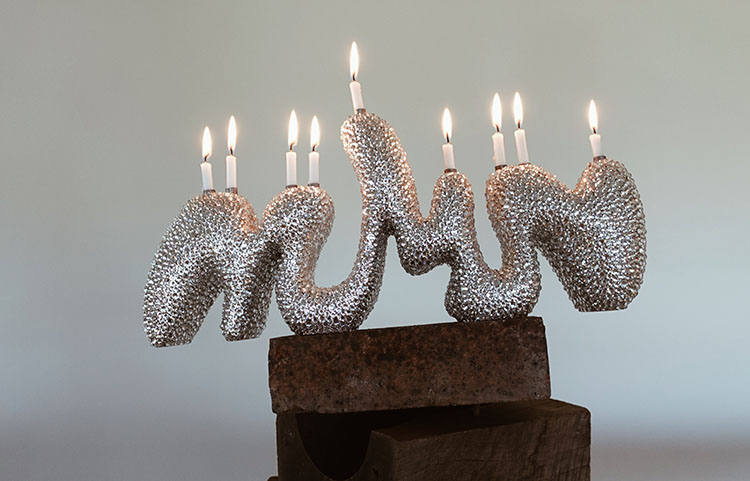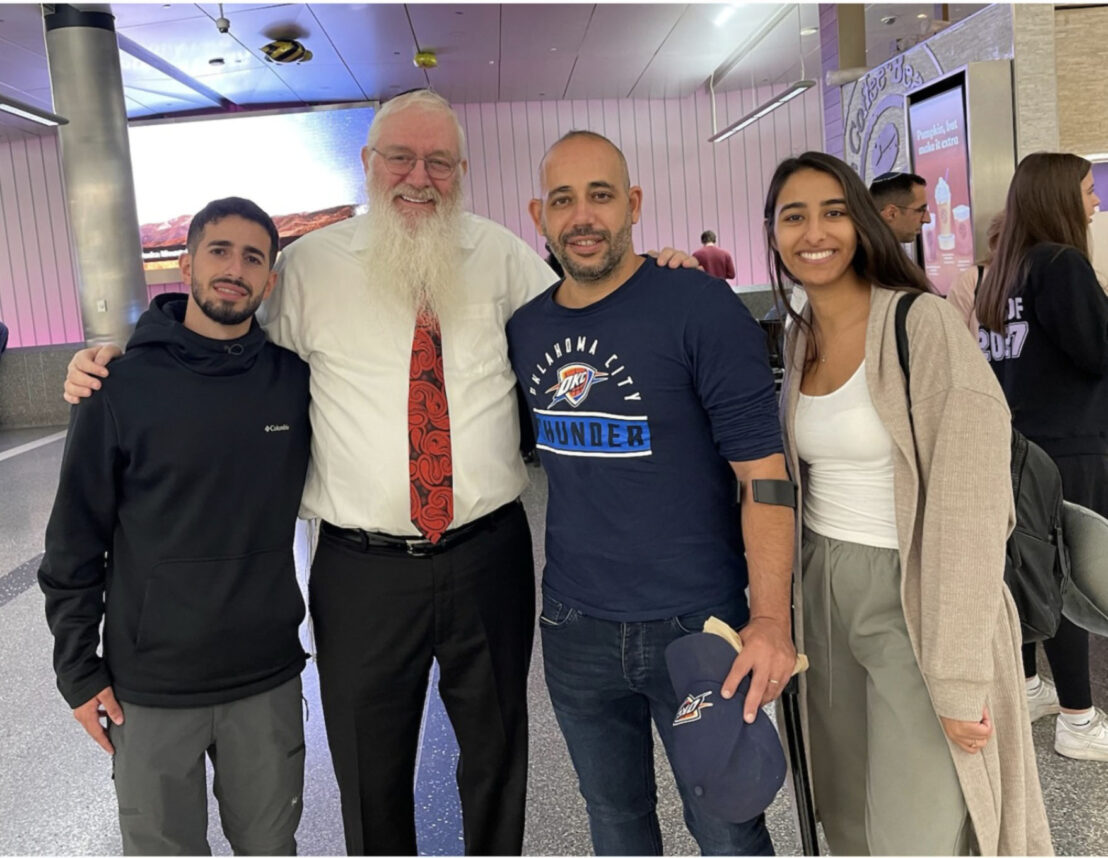Madeleine Albright and Christopher Hitchens are two famous figures who discovered their Jewish ancestry only in adulthood. The discovery did nothing to temper Hitchens’ harsh view of religion in general or the State of Israel in particular. For Albright, by contrast, the belated disclosure of her Jewish identity has prompted a remarkable work of self-revelation.
Albright explores and honors her Jewish legacy in “Prague Winter: A Personal Story of Remembrance and War, 1937-1948” (HarperCollins, $29.99), co-written with Bill Woodward, a blend of history and memoir that reveals in rich, poignant and often heartbreaking detail a story that had been hidden from her by her own parents.
“I had no idea that my family heritage was Jewish or that more than twenty of my relatives had died in the Holocaust,” she writes about her understanding of her origins on the day she took the oath of office as Secretary of State in the Clinton administration at the age of 58. “I had been brought up to believe in a history of my Czechoslovak homeland that was less tangled and more straightforward than the reality.”
“Prague Winter,” in fact, is Albright’s courageous effort to reveal the real history of her family. She was raised as a Roman Catholic and converted to the Episcopalian church when she married. Not until 1997 did she learn conclusively from an investigative report in the Washington Post that three of her grandparents, along with numerous other relatives, were Jewish victims of the Holocaust.
Albright reaches back into the early history of the Czech people in order to explain the upheavals in the 1930s that prompted her family to flee, first to London and then to America. Thus, for example, she first mentions Terezín (known in German as Theresienstadt) as the military fortress erected by Emperor Joseph II in the late 18th century to reinforce his authority as the ruler of the Austro-Hungarian Empire. Only later would the old fortifications be re-purposed by Nazi Germany as a “model” concentration camp where Jews were displayed to the International Red Cross before being sent on to die at the death camps further east.
As a veteran diplomat, Albright is attuned to the frictions among peoples and nations, including the ones that boiled up among the Czechs, Slovaks and Germans who found themselves living together in the territory that would later (and briefly) comprise Czechoslovakia. Caught among them was an ancient, accomplished but endangered Jewish community. “Poor Jews, where should they stand?” Theodor Herzl mused. “Some tried to be Czechs; these were assaulted by the Germans. Others wanted to be Germans, and both the Czechs and the Germans attacked them. What a situation!”
Albright’s father and mother, Josef and Mandula Korbel, found themselves in a similar predicament. A Jewish background was an impediment to the career that her father was pursuing in the Ministry of Foreign Affairs, and the Korbel family was highly assimilated long before the Nazis arrived in Prague in 1939. “On the marriage certificate,” Albright reveals, “my parents were identified as bez vyznáni: without religious confession.”
His disavowal of his Jewishness, of course, was not enough to save her father’s job. Within two weeks after Czechoslovakia was dismantled in a cynical deal struck between Hitler and the Western democracies, her father was dismissed from his post. Many years later, Albright saw with her own eyes the official letter that explained why he was fired: “Dr. Korbel and his wife are Jews.” By April 1939, when Prague was under German occupation, the family managed to reach London, where her father joined the Czechoslovak government-in-exile and served as an announcer on the Czech broadcasts of the BBC. Thus was Albright cut off from her doomed Jewish relations and her own Jewish identity.
Only in England in 1941 did her father and mother formally convert to Catholicism, a decision that Albright struggles to explain to herself. One factor, she speculates, “might have been my parents’ desire to underline our family’s identity as Czechoslovak democrats.” Then, too, she speculates that “my parents thought life would be easier for us if we were raised as Christians instead of Jews.”
Intriguingly, she concludes that “my parents would not have made the choice they did had they waited four more years,” that is, until the details of Nazi genocide were fully revealed. “When viewed through the lens of the Holocaust, the moral connotations of such a choice had been altered irrevocably.” She also cites the Holocaust as the reason why her parents never revealed to her that she was a Jew. “Before the slaughter of six million Jews, they might have found the words,” she writes. “[A]fter it, they could not.”
Albright herself reveals the fate of the relatives who remained behind with candor and compassion. She discovered that her maternal grandmother, Růžena Spiegelová, was arrested in 1942 and shipped first to Theresienstadt and then to a destination in Poland, perhaps Trawniki, where she was murdered. “At the time of my birth, she had helped to care for me and was the first to call me ‘Madlen’,” Albright recalls. “In the frightening days after Hitler’s invasion, she had taken me in again while my parents moved about Prague, devising a plan for escape.”
“Prague Winter” is largely a work of diplomatic and political history, but the beating heart of the book is Albright’s searing account of her intimate family saga. She was too young to have first-hand memories of their fears and hardships, and her own parents concealed the truth from her throughout their lives. To her credit, she has worked hard — and courageously — to retrieve and share the things that were kept from her.
Her reminiscence about her murdered grandmother, for example, rings with the rachmones that suffuses the book in its entirety: “I have also remembered a detail: as a child, I loved to swim in cold water. When I did, my mother used to exclaim: ‘You are just like your grandmother,’ ” Albright writes. “I only wish that her fortunes had more closely resembled mine.”
Jonathan Kirsch, author and publishing attorney, is the book editor of The Jewish Journal. His next book is “The Short, Strange Life of Herschel Grynszpan,” which will be published by the Horace Liveright imprint of W. W. Norton to coincide with the 75th anniversary of Kristallnacht. Kirsch can be reached at book@jewishjournal.com.





















 More news and opinions than at a Shabbat dinner, right in your inbox.
More news and opinions than at a Shabbat dinner, right in your inbox.